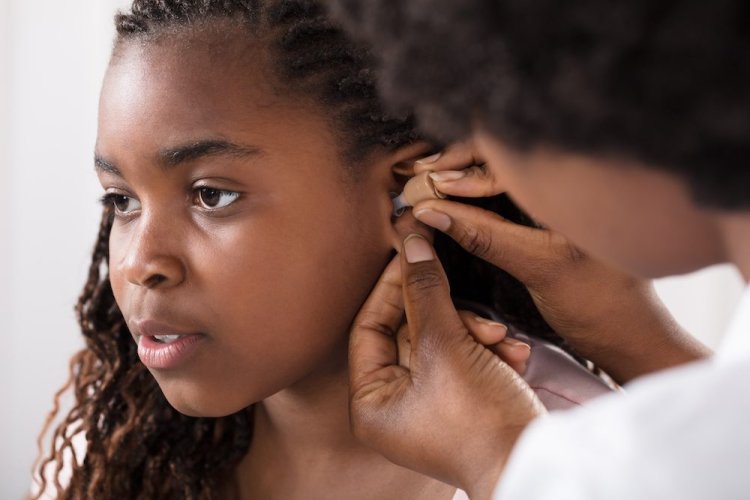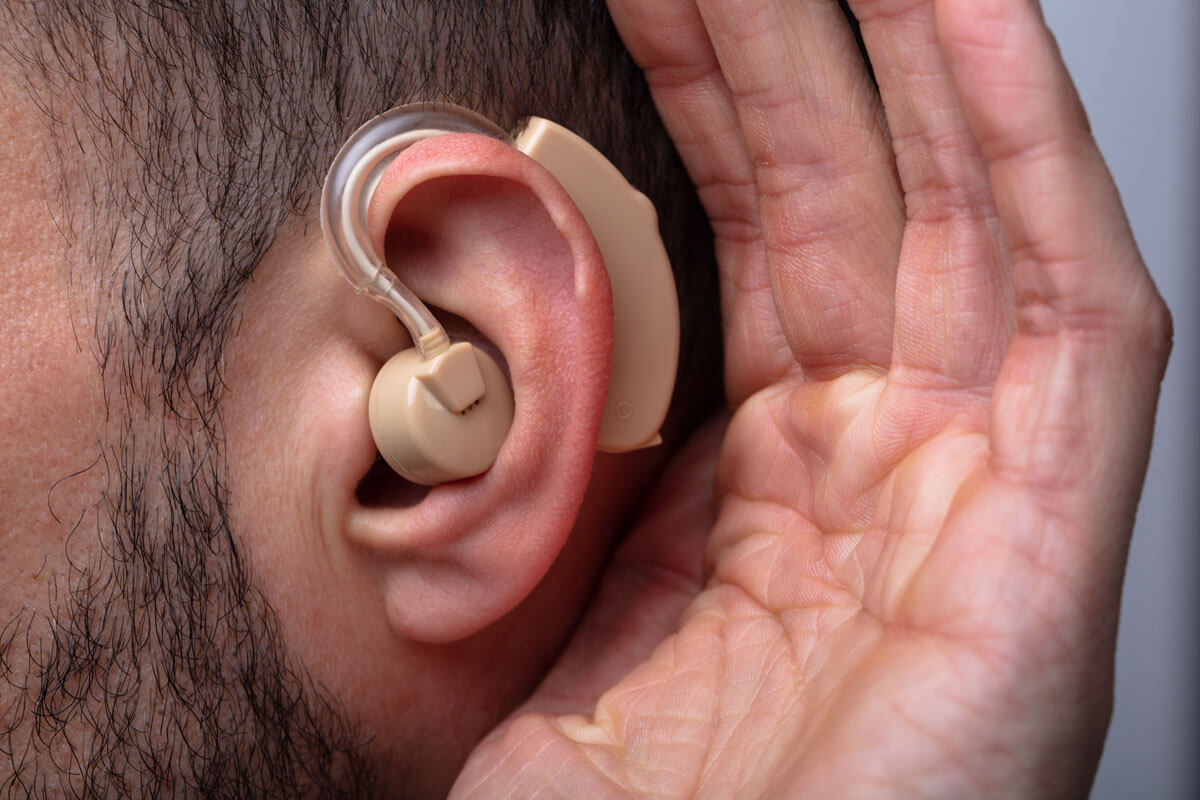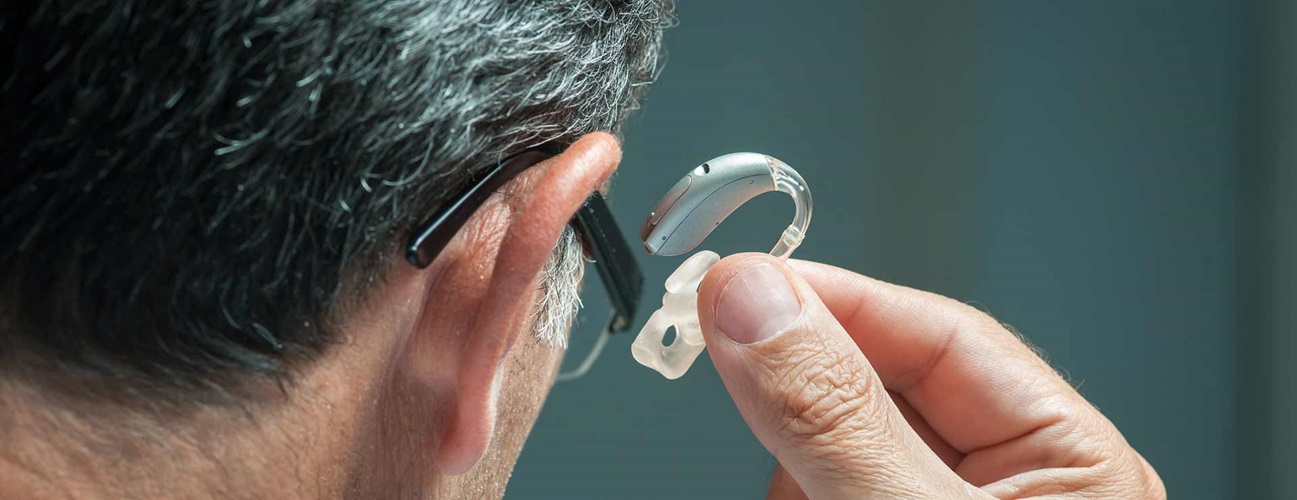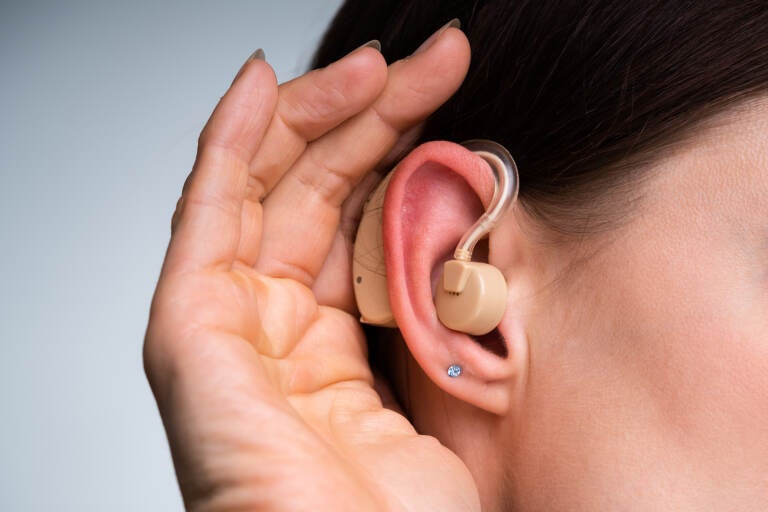Are Over-the-Counter Hearing Aids Necessary? What You Must Understand
Loss of hearing can come as a surprise. Perhaps you have been asking individuals to repeat themselves a bit more frequently or turning up the TV volume. You are not alone if you are beginning to question if you need a hearing aid, and a new generation of over-the-counter (OTC) devices has made it easier and more affordable than ever to seek help.

However, is an over-the-counter (OTC) hearing aid the best option for you?
Let us explain it simply; a degree in audiology is not necessary.
Over-the-Counter Hearing Aids: What Are They?
Adults (18+) with mild to moderate hearing loss can use FDA-regulated over-the-counter hearing aids. You can purchase them without a prescription, a medical examination, or an audiologist fitting, in contrast to traditional hearing aids.
Like reading glasses, you can purchase them online or at your neighborhood pharmacy.
New rules designed to increase the affordability and accessibility of hearing aids made them available in the United States in late 2022.
Who Could Use Over-the-Counter Hearing Aids?
However, not everyone is a good fit for over-the-counter (OTC) hearing aids. However, if you fit into any of the following categories, they could be a game-changer:
You have hearing problems in noisy settings, such as restaurants or social events.
People are frequently asked to repeat themselves by you.
You make the radio or TV louder than other people would want.
In quiet environments, you can still hear fairly well.
You are trying to find an affordable hearing aid.
When an Over-the-Counter Hearing Aid May Not Be the Best Option
Let us face it: do-it-yourself solutions are not always sufficient.
If you have complete hearing in one ear or significant hearing loss, you should contact a hearing specialist instead of using over-the-counter hearing aids.
Tinnitus is the term for the ringing, buzzing, or roaring sounds you hear in your ears.
Your hearing loss started abruptly or is rapidly growing worse.
You feel pressure, moisture, or pain in your ears.
Since OTC devices are only authorized for adults, you are under the age of eighteen.
These can indicate an underlying illness that requires a correct diagnosis and course of therapy.
OTC Hearing Aid Benefits and Drawbacks
Over-the-counter (OTC) hearing aids include trade-offs, much like any new technology. Here's a brief glance:
Pros:
Reasonably priced Typically, prices fall between $200 and $1,000, whereas prescription models can cost up to $3,000.
Accessible: Purchase online or in-store; no waiting or appointments
Adaptable: A lot of them have apps that allow you to change the settings.
Trial periods: If a product is not a good fit, most brands include a return window.
Cons:
One-size-fits-all Not customized for your particular hearing profile
Learning curve: You will have to configure and modify it on your own.
Limited support: Unless you specifically seek it out, there is no in-person assistance available.
Are Over-the-Counter (OTC) Hearing Aids Effective?
Quick response? Yes—for the appropriate individuals.
According to studies, many people with mild to moderate hearing loss report feeling more satisfied and having better hearing when using over-the-counter (OTC) hearing aids, particularly if they feel at ease utilizing apps and making their own adjustments.
Do not expect magic, though. You could still require a professional-grade device and a hearing assessment if you require a more customized solution or are dealing with more severe hearing problems.
Things to Consider When Purchasing an Over-the-Counter Hearing Aid
Not every gadget is made equally. Here are some things to look for:
FDA clearance: Verify that it satisfies legal requirements
Modifiable settings: Seek out gadgets that allow you to customize the sound and volume.
Comfort: Look for discrete, lightweight types that fit the curve of your ears.
Battery life: One major benefit of rechargeable batteries
Return policy: In the event that it does not fit
Among the well-known and reliable over-the-counter (OTC) brands are Sony CRE-C10, Lexie B1, and Jabra Enhance.
In conclusion, should you give one a try?
Yes, if you do not have significant hearing loss and you are sick of missing conversations, always asking "what?" or feeling excluded in noisy environments, an over-the-counter hearing aid might be worth a try.
What's Your Reaction?




















